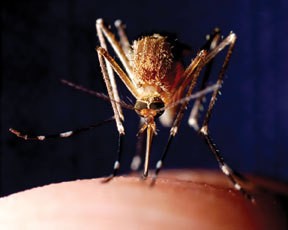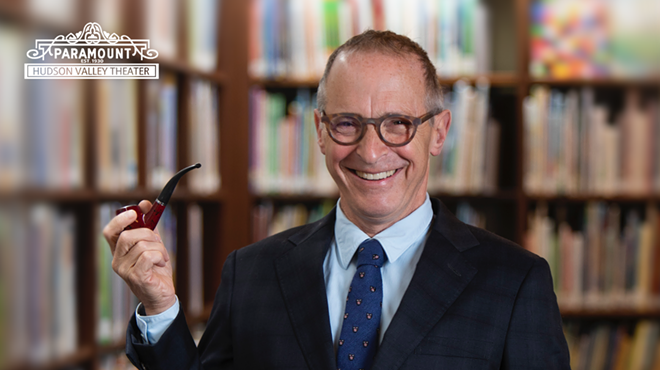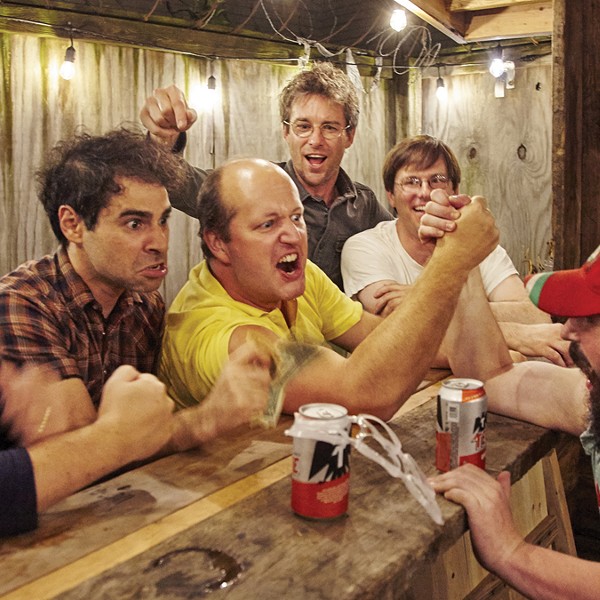Psychologists at the University of Ulster in Northern Ireland tested the emotional well-being of 571 children aged 17 to 25 and found that those who had at least one sister were more optimistic, less stressed, and better at coping with problems. “Our explanation for it is that the presence of girls opens up channels of communication and it becomes a much more expressive situation,” says researcher Tony Cassidy. “Emotional expression is fundamental to good psychological health and having sisters promotes this in families.” According to the study, brothers have a less positive effect, with the lowest emotional well-being scores overall achieved by men who had lots of brothers. “When there are a number of boys together, it is almost like a conspiracy of silence,” says Professor Cassidy.
Source: Daily Mail (London)
A survey of 2,500 Australians by social theorist Mark McCrindle found that two-thirds of those Down Under practice random acts of kindness on people they don’t know “just for the sake of it.” The top five most popular ways Aussies help each other: assisting a shopper with carrying bags or picking up fallen items; coming to the aid of someone in a medical emergency or road accident; helping others cross a road, get something out of reach, or up a flight of stairs; comforting someone who was visibly upset; and lending money to a stranger. “These people have shown kindness to strangers, and that’s what makes it remarkable,” McCrindle says. Analyzing crime data to single out violent acts against strangers, McCrindle found that for every act of violence committed in Australia, there were 38 perpetrations of kindness.
Source: Herald Sun (Melbourne)
A biology lab at the University of California at San Francisco has identified a compound able to make gasoline from agricultural waste products. The potential of this process lies in its ability to employ nonfood sources as fuel. (Ethanol is made predominantly from corn; as its use increases, so does the price of food products made from corn.) It’s also chemically indistinguishable from fossil-fuel based petroleum. “You could fill your car up with it right now, so there’s no difference in engine technology,” says Chris Voigt, who led the research. Voigt’s lab combined a bacterium discovered in a French garbage dump in the 1980s with yeast. This compound, when combined with biomass like switchgrass or sugar cane bagasse, turns the mixture into a gas that can be converted to gasoline. Voigt estimates that gasoline could be produced from sugar cane bagasse at $1.65 per gallon. Source: Reuters
As of March 1, the Army stopped accepting felons and recent drug abusers. According to Curtis Gilroy, the top recruiting official at the Pentagon, rising unemployment and security gains in Iraq have helped make military service more attractive, thus allowing recruiters to be more choosy. In years past, the Army granted hundreds of waivers for felons annually, with 511 allowed in 2007. That category of waiver, “adult major misconduct,” is now closed. The Army is also on track this year—for the first time since 2004—to meet the Pentagon’s goal of ensuring 90 percent of its recruits have high school diplomas.
Source: Washington Post
Small business employees make up a disproportionate share of the country’s uninsured. According to the most recent Census Bureau data available, in 2007, 15 percent of US residents (46 million people) lacked insurance. At companies with less than 25 employees, 32 percent were uninsured; at companies with 25 to 99 workers, 21 percent of the workers lacked insurance. Traditional insurance plans last year, on average, cost $382 a month per employee, a financial strain on many small businesses. Some organizations are exploring creative options to help employees of small business. Known as 3-Share, these programs are a collaboration between business owners, nonprofit groups, and local hospitals, and typically cost about half of conventional insurance. While there are reduced services in 3-Share plans—patients with catastrophic illnesses or chronic diseases would likely find the coverage inadequate—the standards of care are close enough to traditional insurance to have engendered many such partnerships across the country.
Source: Wall Street Journal
In 2007, 4,317,118 babies were born in the US, the most ever in a single year. According to a study published in Global Environment Change, every American baby “costs” six times a parent’s own carbon emissions. Julia Whitty, commenting on the study in Mother Jones, writes: “The bottom line is that absolutely nothing else you can do—driving a more fuel-efficient car, driving less, installing energy-efficient windows, replacing light bulbs, replacing refrigerators, recycling, comes even close to simply not having that child.”
Sources: Mother Jones, Utne Reader, Global Environment Change
In early April, the Department of Labor Statistics released the unemployment figures for March: 8.5 percent, the highest since 1983. The real unemployment rate is far worse, however, as the official number doesn’t add in the almost four million people who are working part-time because of the poor labor market, or those who have given up looking for work altogether. When these underemployed are added to the figure, it balloons to 15.6 percent. Neither of theses figures take into account self-employed workers whose incomes have dwindled, workers who’ve chosen to go back to school, and former full-time employees who have accepted short-term contracts without benefits at reduced salaries.
Source: MSN Money
In a study recently published in the International Journal of Epidemiology, researches at the London School of Hygiene and Tropical Medicine contend that rising numbers of people who are overweight and obese in the UK are adversely impacting the environment. The study noted that heavier people not only ate more food—on average 19 percent more than 40 years ago—but that it takes more fuel to transport a more “massive” populace. Between 1994 and 2004, the average body mass index in England rose from 26 to 27.3 for men and from 25.8 to 26.9 for women, approximately 10 pounds. “Staying slim is good for health and the environment,” said Dr. Phil Edwards, lead researcher.
Source: BBC News


















